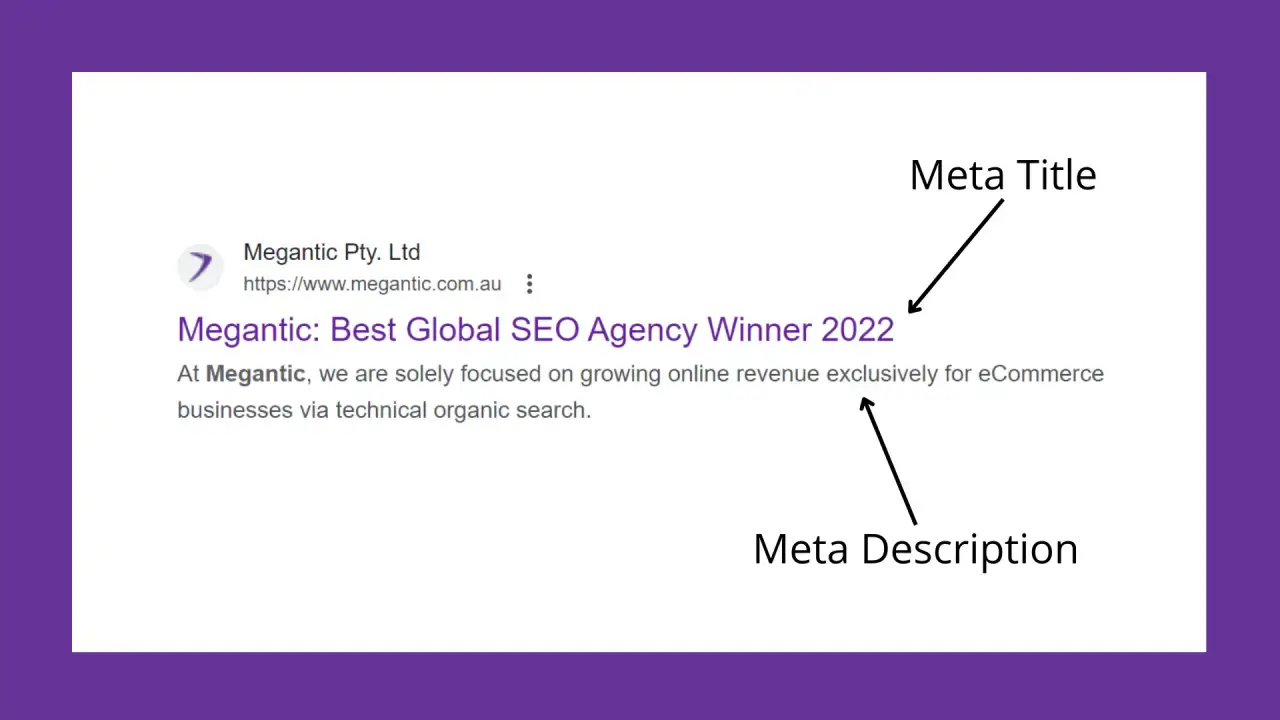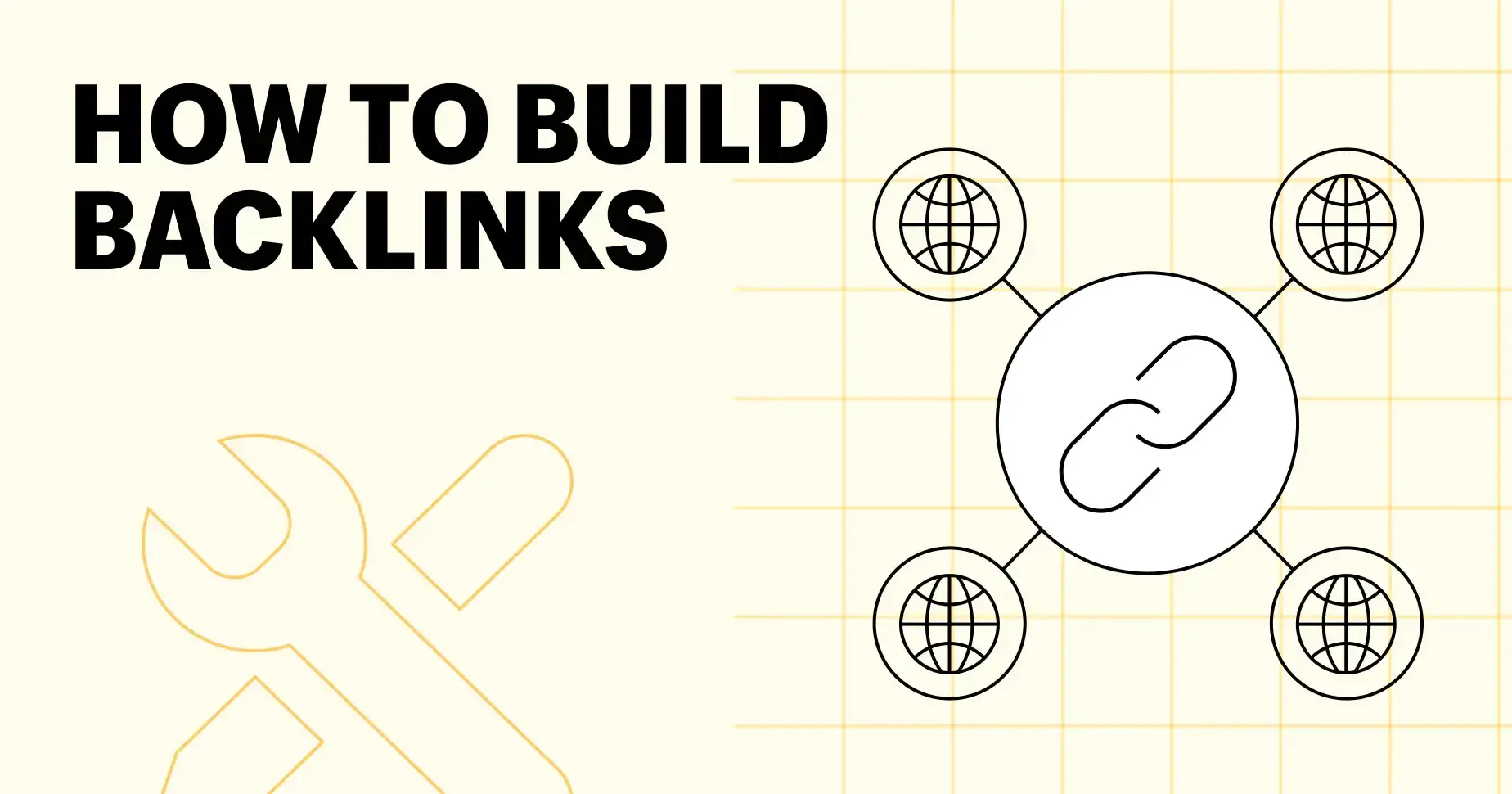
On-page SEO, also known as on-site SEO, refers to the practice of optimizing individual web pages to improve their search engine rankings and attract organic traffic. Unlike off-page SEO, which focuses on external factors like backlinks and social signals, on-page SEO revolves around optimizing elements within your website's control. This includes optimizing content, meta tags, URLs, and internal links, among other factors.
Key Elements of On-Page SEO
1. Content Optimization
High-quality, relevant content lies at the heart of on-page SEO. To optimize your content for search engines, consider the following factors:
- Keyword Research: Conduct thorough keyword research to identify relevant keywords and phrases with high search volume and low competition.
- Content Quality: Create compelling, valuable content that satisfies users' search intent and provides solutions to their queries.
- Keyword Placement: Place target keywords strategically in key elements of your content, including headings, subheadings, meta tags, and body text.
- Content Length: While there's no one-size-fits-all answer, longer-form content tends to perform better in search results. Aim for comprehensive, in-depth content that thoroughly covers the topic at hand.
2. Meta Tags Optimization
- Meta tags play a crucial role in on-page SEO, as they provide search engines with valuable information about your web pages. Optimize the following meta tags for improved search engine visibility:
- Title Tags: Craft descriptive, keyword-rich title tags that accurately reflect the content of your web pages. Keep title tags concise (under 60 characters) to ensure they display properly in search results.
- Meta Descriptions: Write compelling meta descriptions that entice users to click through to your website. Include relevant keywords and a clear call-to-action to improve click-through rates.
3. URL Optimization
Optimized URLs are not only user-friendly but also contribute to better search engine rankings. Follow these best practices when optimizing URLs:
- Keyword Inclusion: Include target keywords in your URLs to provide search engines with context about the content of your web pages.
- URL Structure: Keep URLs short, descriptive, and easy to read. Use hyphens to separate words and avoid unnecessary parameters or dynamic URLs.
4. Heading Tags Optimization
Heading tags (H1, H2, H3, etc.) help structure your content and provide hierarchy for search engines. Optimize heading tags by:
- Using Keywords: Incorporate target keywords naturally into your heading tags to reinforce the relevance of your content.
- Maintaining Hierarchy: Use heading tags to create a logical hierarchy for your content, with H1 tags for main headings, followed by H2, H3, and so on, for subheadings.
5. Image Optimization
Images are an integral part of web content and can contribute to both user experience and search engine optimization. Optimize images by:
- Using Descriptive File Names: Rename image files to include relevant keywords, rather than using generic filenames like "image123.jpg."
- Alt Text Optimization: Write descriptive alt text for images to provide context for visually impaired users and improve accessibility. Include relevant keywords where appropriate.
6. Internal Linking
Internal linking plays a crucial role in on-page SEO by establishing a hierarchical structure for your website and distributing link equity throughout your site. Follow these best practices for internal linking:
- Use Descriptive Anchor Text: Use descriptive anchor text that accurately describes the linked page's content, rather than generic phrases like "click here" or "read more."
- Create a Logical Structure: Link to related pages within your website to guide users through your content and encourage exploration.
Measuring On-Page SEO Success
Tracking and analyzing key performance indicators (KPIs) is essential for evaluating the effectiveness of your on-page SEO efforts. Monitor the following metrics to gauge your on-page SEO success:
- Organic Traffic: Measure the amount of organic traffic your website receives from search engines over time.
- Keyword Rankings: Track your website's rankings for target keywords and monitor changes in search engine rankings.
- Click-Through Rate (CTR): Monitor the percentage of users who click through to your website from search engine results pages (SERPs).
- Bounce Rate: Measure the percentage of visitors who navigate away from your website after viewing only one page. A high bounce rate may indicate poor user experience or irrelevant content.
Conclusion
On-page SEO is a fundamental aspect of digital marketing that can have a significant impact on your website's search engine visibility and performance. By optimizing key elements such as content, meta tags, URLs, and internal links, you can improve your website's rankings, attract more organic traffic, and ultimately achieve your online goals. Remember to stay updated on the latest SEO trends and best practices, and continuously refine your on-page SEO strategy to stay ahead of the competition in the ever-evolving world of search engine optimization.
This comprehensive guide covers various aspects of on-page SEO, providing actionable insights and best practices to help you optimize your website for search engines and maximize your online presence. Whether you're a seasoned SEO professional or a beginner looking to enhance your skills, mastering on-page SEO is essential for achieving long-term success in the competitive digital landscape.





